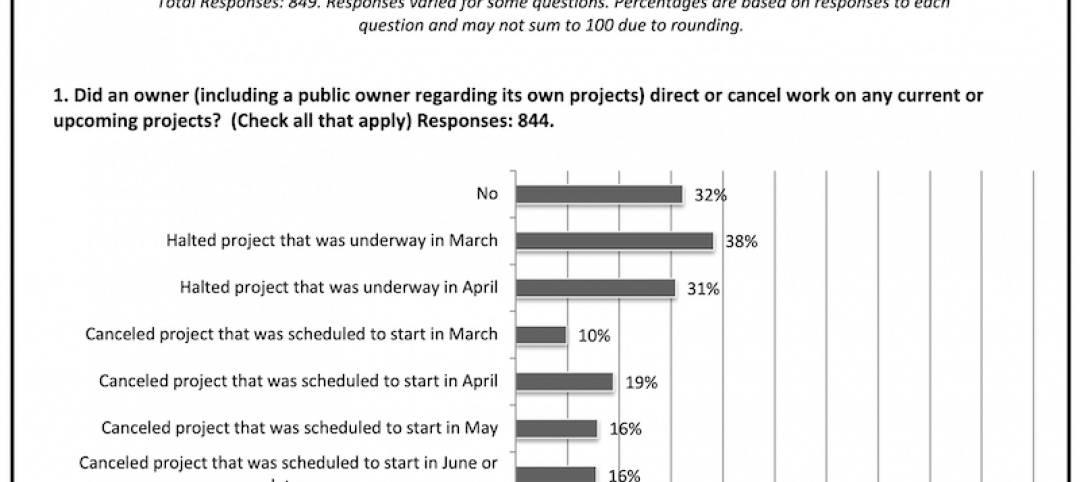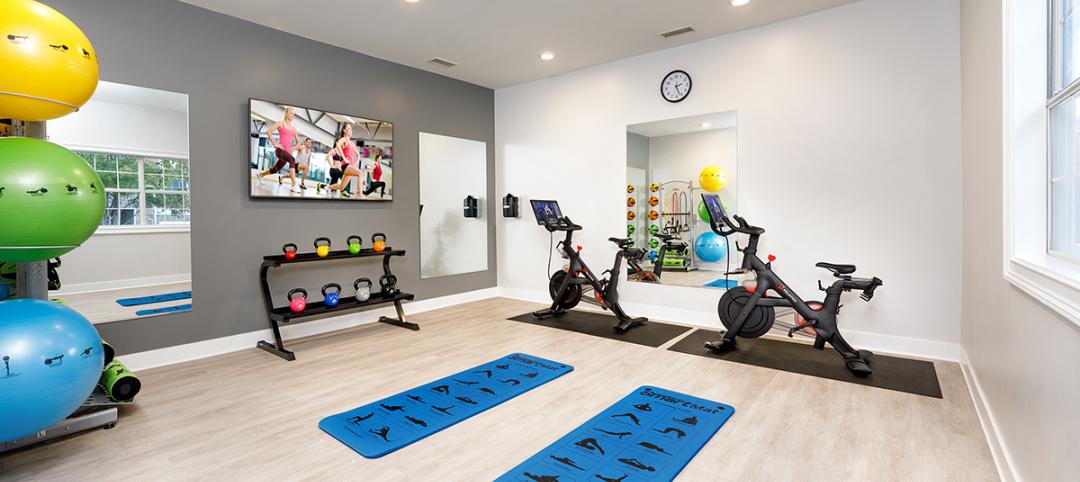There’s a nasty brouhaha going on in Washington over green building standards. On one side is the U.S. Green Building Council, promulgator of the LEED rating program; on the other, a new coalition of building product makers who say LEED does not meet ANSI-type “consensus” standards.
The new group, the American High-Performance Buildings Coalition, represents 27 membership associations, including the U.S. Chamber of Commerce, the National Association of Manufacturers, and the American Chemistry Council. These entities cover many of the products that go into buildings: roofing, sealants, vinyl, lumber, windows, etc.
The AHPBC’s mission (see www.betterbuildingstandards.com) is to support green building rating systems that are “developed in conformance with ANSI or ISO-type consensus processes, are data-driven, supported by science, and performance-based.”
In a recent telecon with the media, AHPBC members complained that the process for updating LEED (which is now going through its fourth revision) lacks transparency, is not based on science, and has not been responsive to questions and comments from industry.
Craig Silvertooth, of the Center for Environmental Innovation in Roofing, said that the USGBC recently allowed only a couple of weeks for interested parties to submit comments on proposed standards that would have “deselected” 90% of commonly used roofing membranes and 90% of roofing insulation materials from LEED-rated buildings.
In contrast, noted Jared Blum, of the Polyisocyanurate Manufacturers Association, the International Code Council held extensive hearings and responded to all comments before adopting the new IgCC green code. Others mentioned ASHRAE, the National Fire Protection Association, and ASTM International as examples of standard-setting organizations that follow an ANSI-type consensus process.
For its part, the USGBC sent out emails asking member organizations to sign a letter to the GSA against “false and misleading claims from narrow interest groups seeking to undermine [USGBC’s] credibility.”
Shortly afterwards, USGBC CEO Rick Fedrizzi wrote a strongly worded commentary for the Huffington Post entitled “The Scoundrel’s Handbook,” in which he accused unnamed “scoundrels” and “enemies” of the USGBC of attempting “to savage a mountain of scientific evidence in favor of obfuscation and innuendo.”
All this comes in the context of the revision to LEED, which has now been postponed till 2013, and a review by the GSA as to which rating system it will use (currently, the GSA seeks LEED Gold for most of its projects). Both sides are doing their best to influence the media, the GSA, and Congress, and the discussion has become acrimonious.
We think it’s time for a cooling-down period. The two sides need to meet in a civilized format—not through emails and press releases—to get the issues on the table and see where agreement is at least within talking range.
We propose that the USGBC and the AHPBC hire a certified conciliation facilitator to mediate such a meeting, with no more than four participants each. The facilitator would be charged with keeping the discussion focused on areas of agreement and possible further discussion.
Let’s defuse this situation and get the vitriol out of the green building rating discussion. +
More from Author
Rob Cassidy | Mar 30, 2020
Your turn: Has COVID-19 spelled the death knell for open-plan offices?
COVID-19 has designers worrying if open-plan offices are safe for workers.
Rob Cassidy | Mar 25, 2020
Coronavirus pandemic's impact on U.S. construction, notably the multifamily sector - 04-30-20 update
Coronavirus pandemic's impact on U.S. construction, notably the multifamily sector - 04-30-20 update
Rob Cassidy | Nov 20, 2019
Word of the Year: "climate emergency," says the Oxford English Dictionary
The Oxford Word of the Year 2019 is climate emergency.
Rob Cassidy | Nov 8, 2019
The Peloton Wars, Part III - More alternatives for apartment building owners
ProForm Studio Bike Pro review.
Rob Cassidy | Nov 1, 2019
Do car-free downtown zones work? Oslo, yes; Chicago, no
Two recent reports (October 2019) explore whether car-free downtowns really work, based on experience in Oslo, Norway, and Chicago.
Rob Cassidy | Oct 9, 2019
Multifamily developers vs. Peloton: Round 2... Fight!
Readers and experts offer alternatives to Peloton bicycles for their apartment and condo projects.
Rob Cassidy | Sep 4, 2019
Peloton to multifamily communities: Drop dead
Peloton will no longer sell its bikes to apartment communities.















